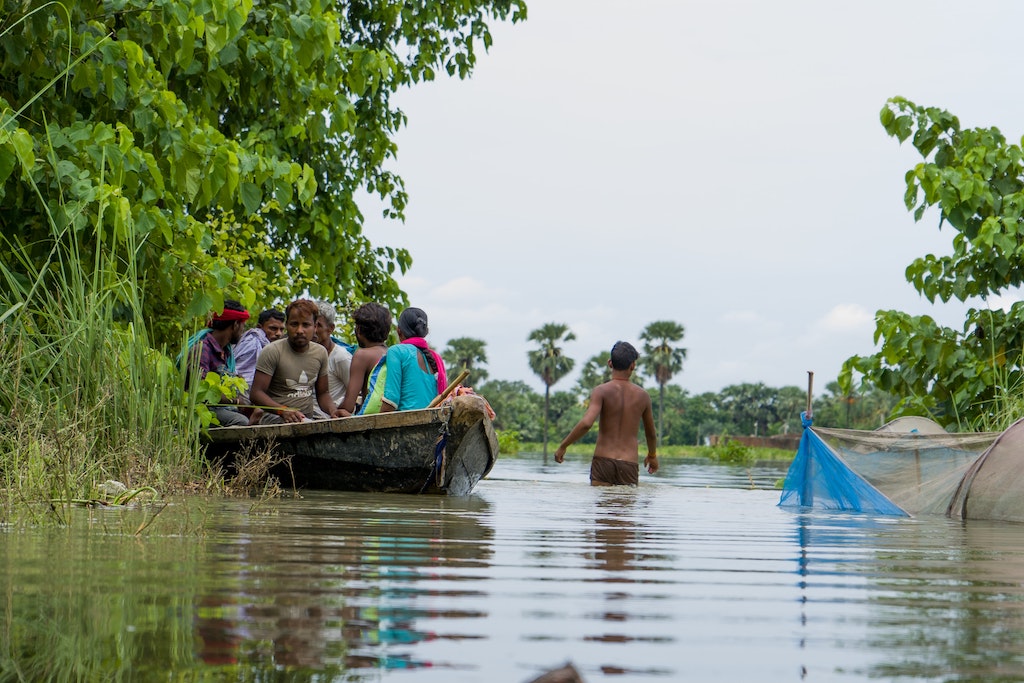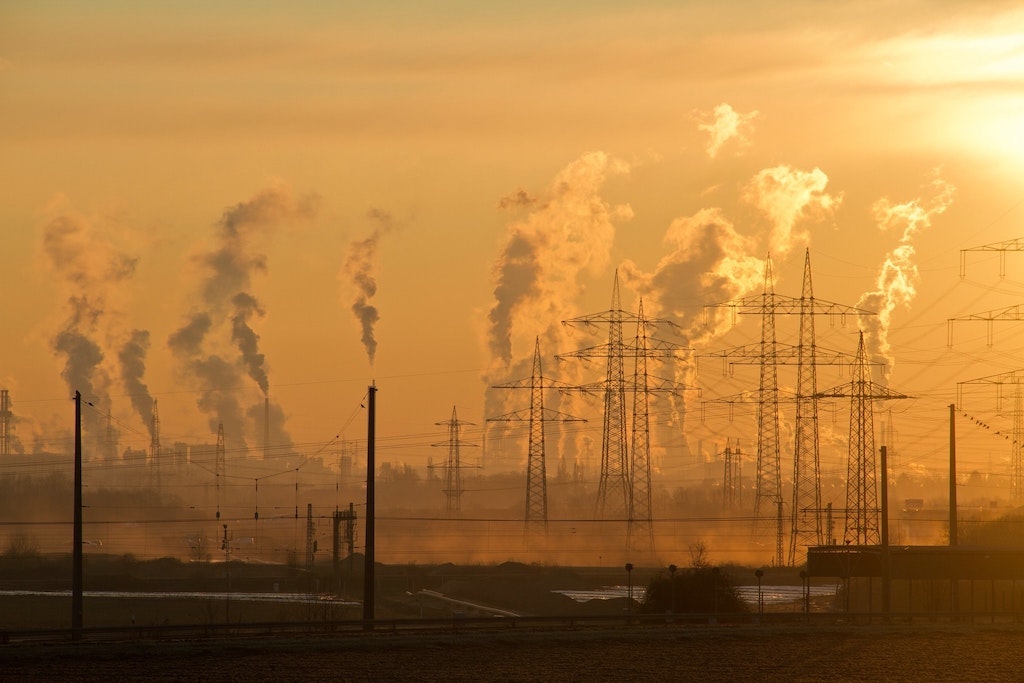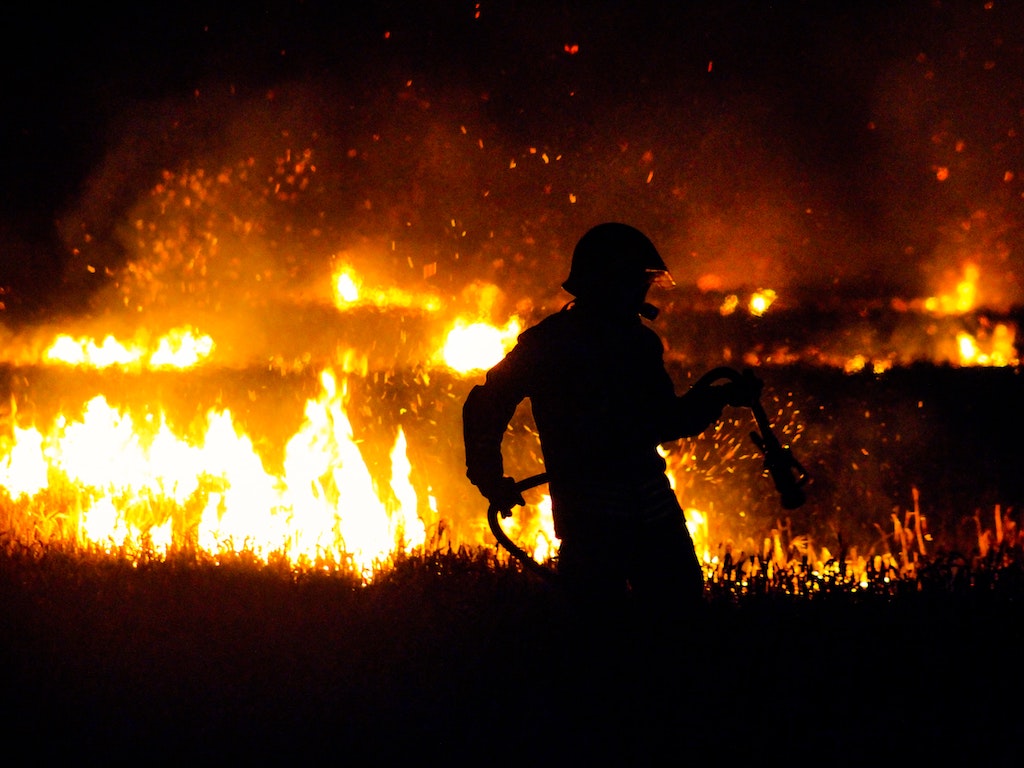4 Mins Read
In a newly updated report signed by nearly 14,000 global scientists, experts say that rapid action must now be taken to fight the climate emergency. It comes as the world battles a series of unprecedented climate events, from flooding to heatwaves and wildfires, happening simultaneously across continents. In their update, the scientists say it is “all too apparent” that “transformational change is needed now more than ever”.
As the planet experiences one climate disaster after another, global scientists and experts are warning that there is little time left to act on the emergency. The call, published in the journal Bioscience, is an update on the 2019 report authored by William J. Ripple and Christopher Wolf of Oregon State University after a year of unprecedented climate events. It has now been signed by more than 13,900 academics and scientists.
From floods to heatwaves
The updated report contains new data on the health of our planet, and it shows that unless rapid action is taken, the world is set to see deadlier climate disasters happening all over the world. In 2021 alone, the world has already seen record-shattering heatwaves hitting Western North America, severe flooding from Germany and Belgium to China’s Henan province, erratic monsoons in India, and California once again devoured by wildfires.

Despite the fact that fossil fuel consumption dipped as a result of the pandemic, the study finds that CO2, methane and nitrous oxide levels “have all set new year-to-date records for atmospheric concentrations in both 2020 and 2021.”
The authors also found “disquieting records” for other vital planetary signs, including sea-level rise, ocean temperatures and ice mass. “The updated planetary vital signs we present largely reflect the consequences of unrelenting business as usual,” wrote the paper.
We aren’t building back better
As countries around the world begin to open up their economies, the data shows that calls to “build back better” have largely amounted to little more than rhetoric. There have been some positive signs, including the record energy decarbonisation spending in 2020, but it’s become clear that far more action must be taken to prevent increasingly intense climate disasters.

“A major lesson from COVID-19 is that even colossally decreased transportation and consumption are not nearly enough and that, instead, transformational system changes are required, and they must rise above politics,” said the authors.
“On the basis of recent trends in planetary vital signs, we reaffirm the climate emergency declaration and again call for transformative change, which is needed now more than ever to protect life on Earth and remain within as many planetary boundaries as possible,” they continue. “The speed of change is essential, and new climate policies should be part of COVID-19 recovery plans.”
Six imperative steps
In the paper, the authors outlined six “imperative” actions that must be taken to tackle the climate emergency. Within the near term, three policies must be implemented as soon as possible. These include a global carbon price on energy, the phasing-out and eventual permanent ban on fossil fuels, and creating climate reserves to protect and restore biodiversity.

For the global carbon price, the scientists say that all forms of GHGs must be factored in, including the agriculture and food industries. This means that carbon- and resource-intensive foods such as meat and dairy should be priced higher to encourage sustainable plant-based diets.
Other actions include moving to a circular economy where prices reflect the environmental impact of goods and services, stabilising and gradually reducing population, and slashing air pollutants like soot, methane and HFCs. They also advised the introduction of climate change education, and the prioritising of social justice as part of equitable climate action.
Lead image courtesy of Unsplash.




